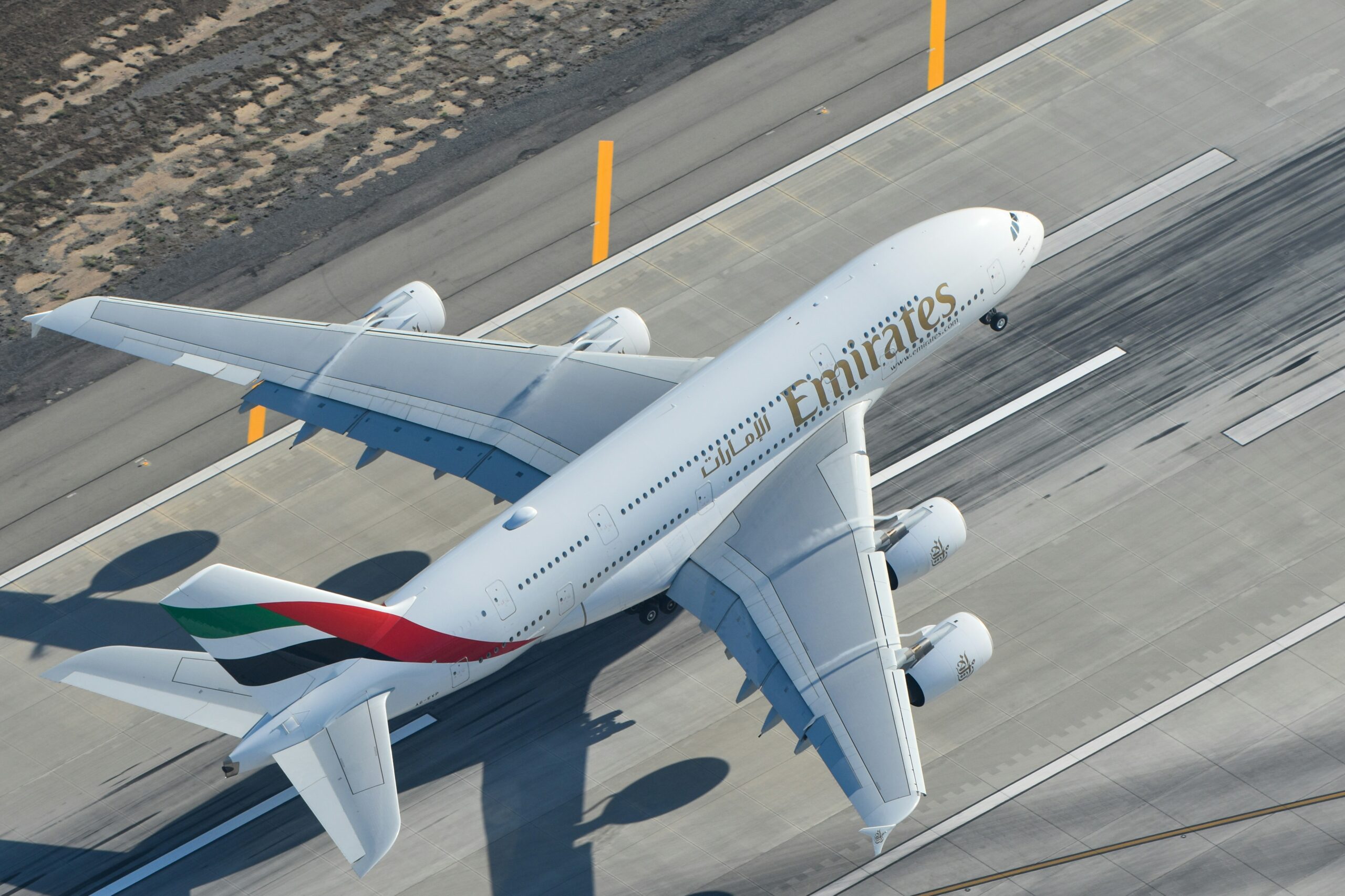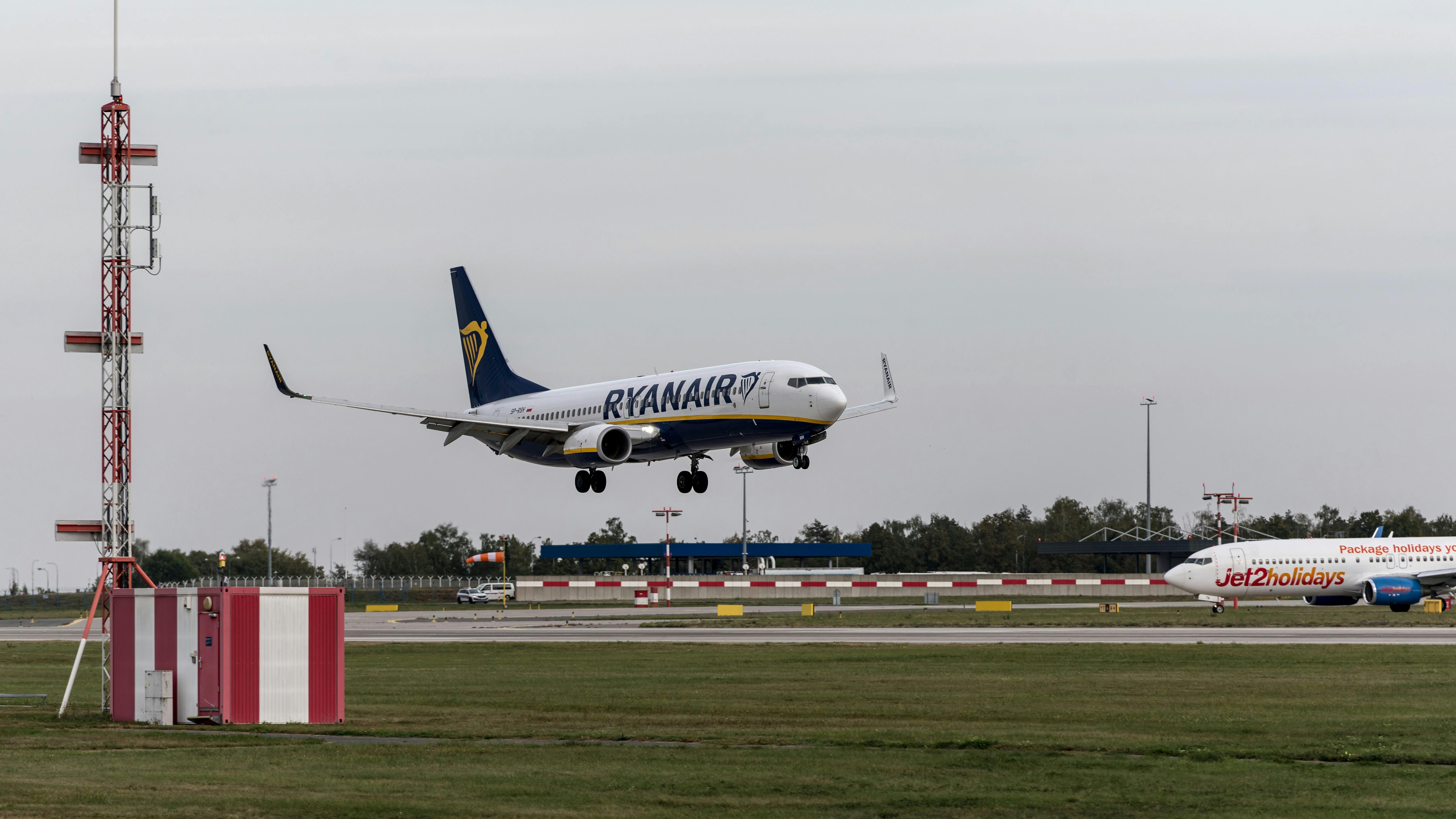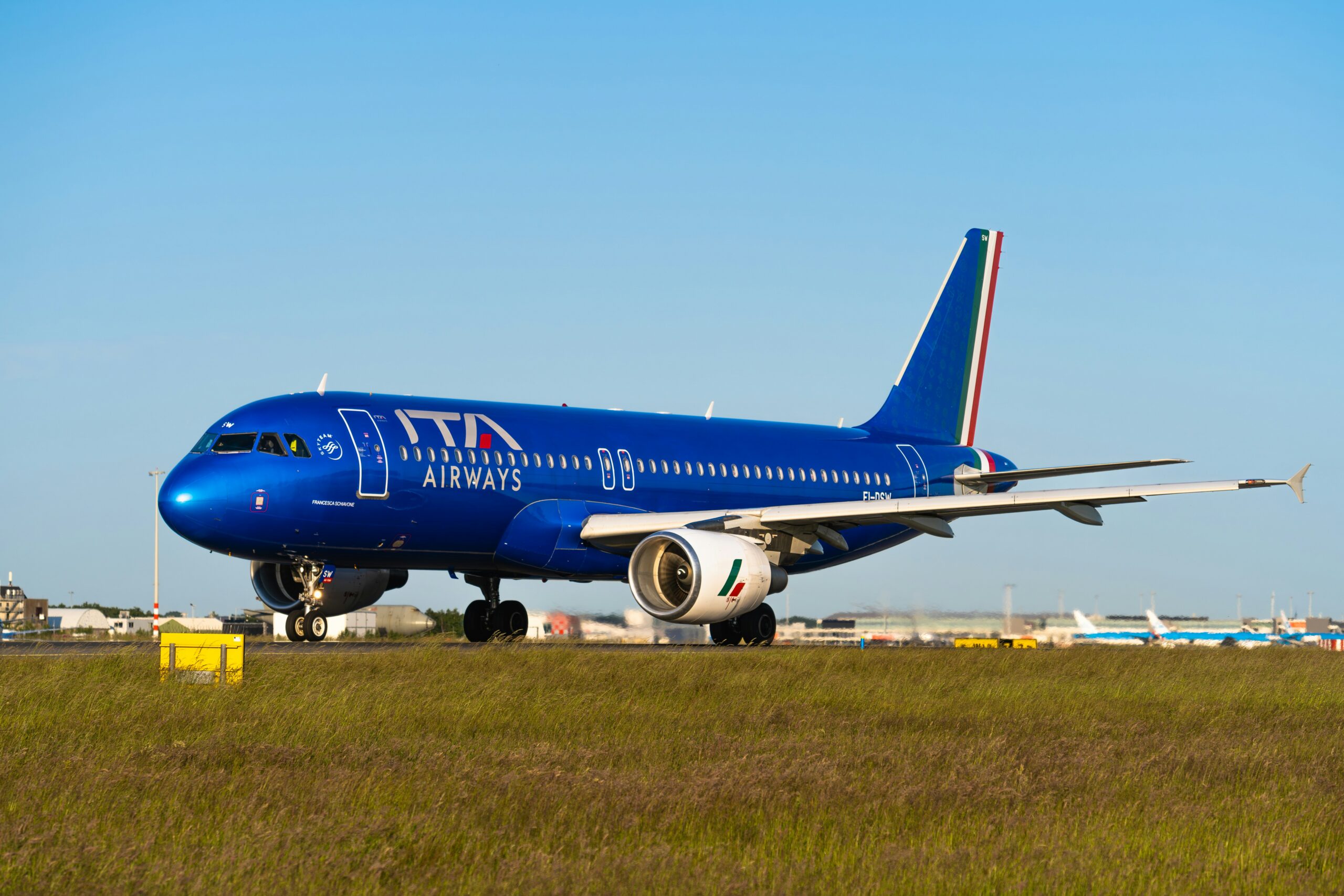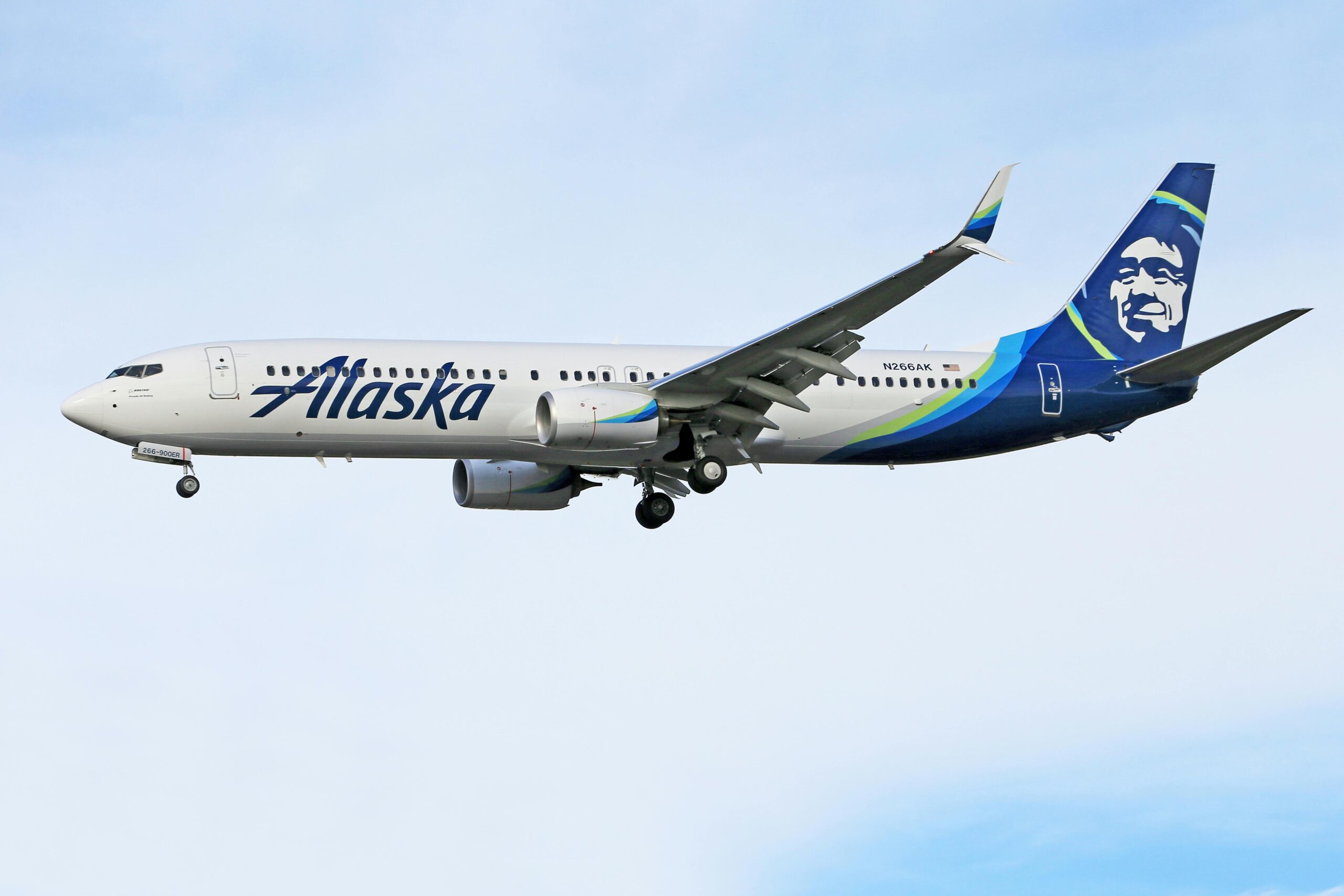Emirates has extended its flight stoppages to Beirut and Baghdad until January 31, 2025, due to safety issues. The move, triggered by ongoing regional conflict, shows the difficulties airlines face in unsafe areas. Passengers traveling through Dubai to these cities cannot continue their trips.
The decision follows the Israel-Gaza unrest, which disrupts travel across the region. While Emirates stays cautious, some airlines choose other approaches. Flydubai still operates flights to Baghdad, and Qatar Airways has resumed trips to Lebanon, Iran, and Iraq. Air Arabia Abu Dhabi will restart Beirut flights in January 2025, showing small steps toward normal travel.
Political tension causes serious problems for global travel, leaving many passengers searching for other options. Europe’s Lufthansa Group has also canceled flights to Beirut and Tehran, adding to travel difficulties. These restrictions make it harder for travelers to reach their destinations.
Even with these setbacks, Gulf airlines remain strong and flexible. Emirates, a leader in long-distance flights, works hard to manage these problems while keeping travelers safe. Experts predict that Middle Eastern airlines will earn strong profits in 2024, showing their ability to succeed despite challenges.
Passengers depending on Emirates face big changes to their plans, especially those passing through Dubai. These disruptions remind travelers to stay prepared for sudden changes caused by conflicts. In Iraq, less global access could hurt its recovering tourism. Similarly, Beirut might lose visitors despite its rich history and culture.
Airlines working to restart services while staying cautious show the industry’s efforts to regain stability. The travel sector must stay flexible to handle risks and keep travelers confident. Emirates leads by showing strength and care in tough times.
Related stories:
Catch up on the top stories and travel deals by subscribing to our newsletter!












Leave a Reply